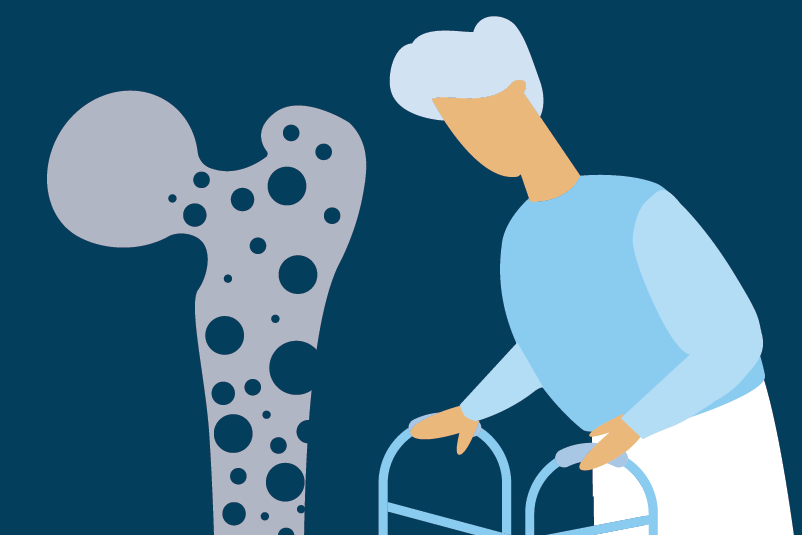#105 The New Anti-Platelet Ticagrelor: Is it better than the old “new” clopidogrel?

Reading Tools for Practice Article can earn you MainPro+ Credits
Join NowAlready a CFPCLearn Member? Log in
- 18,624 patients hospitalized for ACS, comparing ticagrelor versus clopidogrel (both with usual care including ASA) for up to 12 months,1,2 found statistically significant reduction in:
- Primary endpoint (composite of cardiovascular death, MI, or stroke), Number Needed to Treat (NNT)=53.
- Other outcomes better:
- Recurrent MI: NNT=91.
- Death from any cause (NNT=71) or vascular causes (NNT=91).
- No significant difference in stroke.
- Adverse reactions:
- No significant difference in any bleeding except:
- Bleeding worse when coronary artery bypass patients excluded, Number Needed to Harm (NNH)=143.
- Worse fatal intracranial hemorrhage, NNH=926.
- Any dyspnea, NNH=17; Requiring discontinuation, NNH=125.
- Non-fatal arrhythmias of unclear significance (ventricular pauses) were significantly increased with ticagrelor as well.3
- No significant difference in any bleeding except:
- Subgroup analysis of 1,800 patients in PLATO from North America showed unclear effect, however these analyses were underpowered and confounded by use of higher doses of ASA than recommended (325 mg daily).2,3
- Ticagrelor has several theoretical benefits over clopidogrel: it is a reversible platelet inhibitor, hepatic metabolism not required for activation (less intra-individual variability in response), and faster onset/offset of action.3,4
- Benefits of ticagrelor seem maintained in higher risk groups like those with renal insufficiency5 and diabetes.6
- Ticagrelor proposed as an alternative in clopidogrel non-responders.7
- Unanswered concerns:
- No clear explanation why ticagrelor worse in North America.8
- Dyspnea unexplained3 but is not associated with structural cardiac damage or pulmonary function test abnormalities.9,10
- Ticagrelor is significantly more expensive than clopidogrel ($310/90 days vs. $60/90 days)11 and requires twice-daily dosing.
- Clopidogrel remains a reasonable alternative, particularly if patients:
- Are at high risk of bleeding.
- Cannot tolerate ticagrelor because of dyspnea.
- Cannot adhere to ticagrelor's BID dosing.
- Cannot afford ticagrelor.






